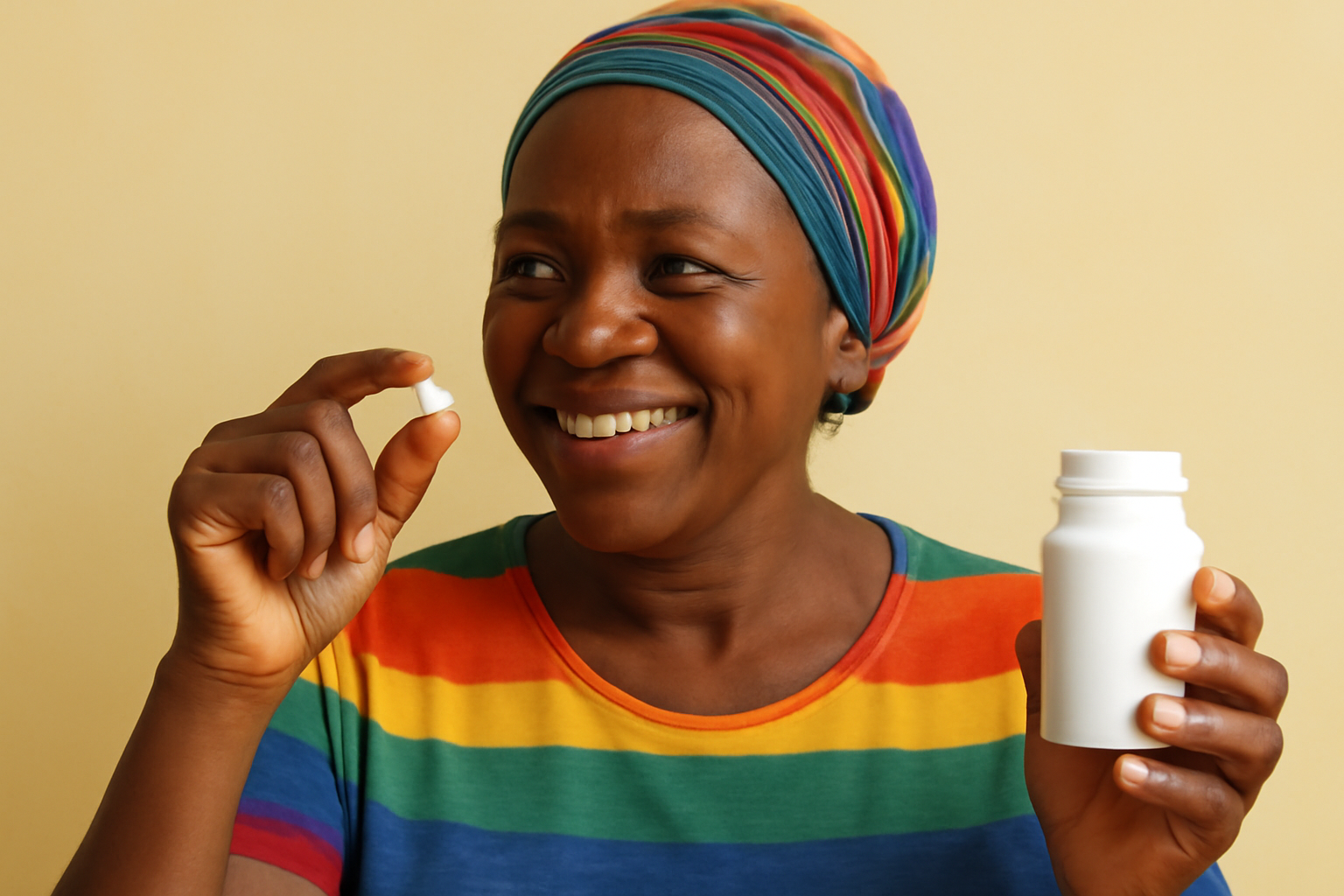
U.S. Foreign Aid Freeze Endangers African HIV Program
In a significant move that has raised concerns globally, Secretary of State Marco Rubio has issued an order to suspend nearly all foreign aid, affecting crucial programs like the President’s Emergency Plan for AIDS Relief (PEPFAR). This program, initiated in 2003 under President George W. Bush, has been pivotal in providing life-saving HIV prevention and treatment services in Africa, boasting a record of saving over 25 million lives.
According to sources who spoke with CBS News, this funding halt could commence as soon as next Monday, potentially cutting off access to essential anti-viral medications for millions of people dependent on this aid. The uncertainty looms as to whether beneficiaries can rely on existing stockpiles of medications during this period.
The freeze comes on the heels of President Donald Trump’s executive order, which mandates a 90-day pause on all foreign aid allocations. This move is intended to allow U.S. officials to evaluate these programs for "efficiency and alignment with U.S. foreign policy objectives."
Political Reactions and Implications
President Trump, defending the order, commented to the press, "America is like a one-way street, so we want other people to help us, and we want other people to join us. We are spending billions and billions of dollars, and other countries that are wealthy are spending zero. Why should we be the only ones?"
In response, key political figures like Rep. Gregory Meeks (D-NY) and Rep. Lois Frankel (D-FL) have expressed grave concerns over this funding cessation. In a letter addressed to Secretary Rubio, they emphasized the danger of this freeze, stating it not only jeopardizes countless lives but also undermines the United States' standing and credibility on the international stage.
"United States foreign assistance programs promote stability in other countries to help stop crises from expanding directly to our doorstep," they wrote. "Foreign assistance is not a handout; it is a strategic investment in our future that is vital for U.S. global leadership and a more resilient world. It directly serves our national interests and demonstrates our credibility to allies, partners, and vulnerable people who rely on American assistance for survival."
The letter highlighted PEPFAR as a significant example of the risks involved with the funding halt, noting that the program currently provides 20.6 million people across 55 countries with anti-retroviral treatment for HIV/AIDS. "These lives depend on an uninterrupted supply of medicines," they warned, adding, "Your pause in funding will cost lives."
Background and Future Prospects
PEPFAR has been a target in U.S. political maneuvering long before this funding freeze. In 2023, Republicans used the program as leverage during budget negotiations, leading to delays exceeding $1 billion. Further complicating matters, some conservative groups have threatened to withdraw their support from Republican lawmakers unless they oppose PEPFAR’s reauthorization. Despite laws preventing foreign aid from funding abortion services, these groups have falsely claimed that PEPFAR funds organizations that promote and provide abortions.
This situation underscores the increasingly complex interplay between domestic politics and international humanitarian efforts. It raises critical questions about how the U.S. balances its foreign aid commitments with domestic political pressures.
As stakeholders await further developments, the global health community remains on high alert. The potential disruptions to PEPFAR could have far-reaching impacts not only on those currently receiving treatment but also on the broader efforts to combat the HIV/AIDS epidemic worldwide.
For the LGBTQ+ community, which has been disproportionately affected by the HIV/AIDS epidemic, this situation is particularly concerning. It highlights the intersection of politics and health, urging advocacy and awareness to prevent further setbacks in the fight against HIV/AIDS.
Stay informed about how these political decisions impact LGBTQ+ communities and more by subscribing to our newsletter. This ongoing engagement is crucial in ensuring that the progress made over decades in global health is not undone by short-sighted political decisions.
Related Posts
"Wicked": Unveiling Fiyero's Destiny - Hidden Clues You May Have Overlooked
Have you ever been swept away by a story that leaves you unraveling clues long after it ends? That's exactly what "Wicked" does with its enchanting narrative, unforgettable songs, and complex characters. Among them, Fiyero stands out as a charming prince whose surprising metamorphosis by curtain fall makes us wonder: were there hints about his fate scattered throughout? Let's dig deep and see if " [...]
Triumphant Trans Woman Wins Legal Battle and Inspires Others to Stand Up for Their Rights
Breaking new ground: a landmark victory in transgender rights After battling in courtrooms and enduring endless challenges, Diana Portillo, a transgender woman, has secured a monumental victory in her decade-long fight against workplace discrimination. The result? Nearly $1 million awarded in a historic settlement. But this isn't just a win on paper—it represents a powerful precedent in combati [...]
Pride Month in Latin America: Protests and Demands for Equality
**Celebrating Pride and advocating LGBTQ+ rights in Latin America** Pride Month in Latin America was a lively mix where celebration met activism. Communities united, not just throwing a party but making a stand—demanding equality and pushing governments toward better protection and rights recognition. Throughout Latin America, pride events erupted in marches and cultural displays, each with a c [...]